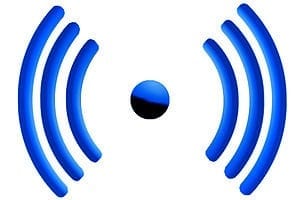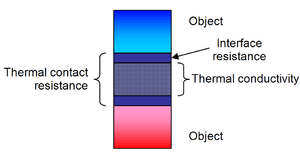
But when Nordstrom posted a sign telling customers it was tracking them, shoppers were unnerved.
Like dozens of other brick-and-mortar retailers, Nordstrom wanted to learn more about its customers — how many came through the doors, how many were repeat visitors — the kind of information that e-commerce sites like Amazon have in spades. So last fall the company started testing new technology that allowed it to track customers’ movements by following the Wi-Fi signals from their smartphones.
But when Nordstrom posted a sign telling customers it was tracking them, shoppers were unnerved.
“We did hear some complaints,” said Tara Darrow, a spokeswoman for the store. Nordstrom ended the experiment in May, she said, in part because of the comments.
Nordstrom’s experiment is part of a movement by retailers to gather data about in-store shoppers’ behavior and moods, using video surveillance and signals from their cellphones and apps to learn information as varied as their sex, how many minutes they spend in the candy aisle and how long they look at merchandise before buying it.
All sorts of retailers — including national chains, like Family Dollar, Cabela’s and Mothercare, a British company, and specialty stores like Benetton and Warby Parker — are testing these technologies and using them to decide on matters like changing store layouts and offering customized coupons.
But while consumers seem to have no problem with cookies, profiles and other online tools that let e-commerce sites know who they are and how they shop, some bristle at the physical version, at a time when government surveillance — of telephone calls, Internet activity and Postal Service deliveries — is front and center because of the leaks by Edward J. Snowden.
“Way over the line,” one consumer posted to Facebook in response to a local news story about Nordstrom’s efforts at some of its stores. Nordstrom says the counts were made anonymous. Technology specialists, though, say the tracking is worrisome.
“The idea that you’re being stalked in a store is, I think, a bit creepy, as opposed to, it’s only a cookie — they don’t really know who I am,” said Robert Plant, a computer information systems professor at the University of Miami School of Business Administration, noting that consumers can rarely control or have access to this data.
Some consumers wonder how the information is used.
“The creepy thing isn’t the privacy violation, it’s how much they can infer,” said Bradley Voytek, a neuroscientist who had stopped in at Philz Coffee in Berkeley, Calif. Philz uses technology from Euclid Analytics, of Palo Alto, Calif., the company that worked on the Nordstrom experiment, to measure the signals between a smartphone and a Wi-Fi antenna to count how many people walk by a store and how many enter.
Still, physical retailers argue that they are doing nothing more than what is routinely done online.
The Latest Bing News on:
Surveillance of phones
- Feed has no items.
The Latest Google Headlines on:
Surveillance of phones
[google_news title=”” keyword=”surveillance of phones” num_posts=”10″ blurb_length=”0″ show_thumb=”left”]
The Latest Bing News on:
Phone tracking in stores
- Feed has no items.
The Latest Google Headlines on:
Phone tracking in stores
[google_news title=”” keyword=”phone tracking in stores” num_posts=”10″ blurb_length=”0″ show_thumb=”left”]











